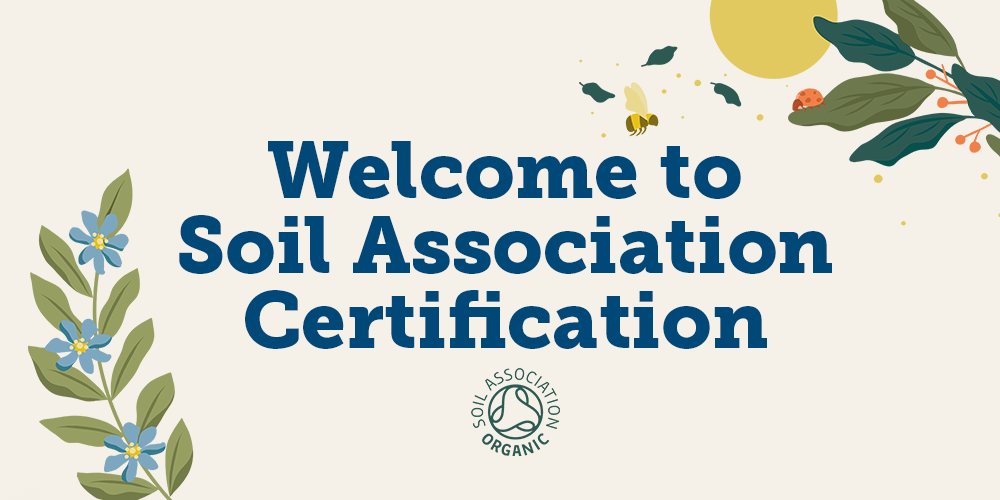
Welcome to Soil Association Certification
We're the country's leading organic certifier offering a huge range of organic and sustainable certification schemes across food, farming, forestry, beauty & wellbeing, fashion & textiles and catering.
We're the country's leading organic certifier offering a huge range of organic and sustainable certification schemes across food, farming, forestry, beauty & wellbeing, fashion & textiles and catering.